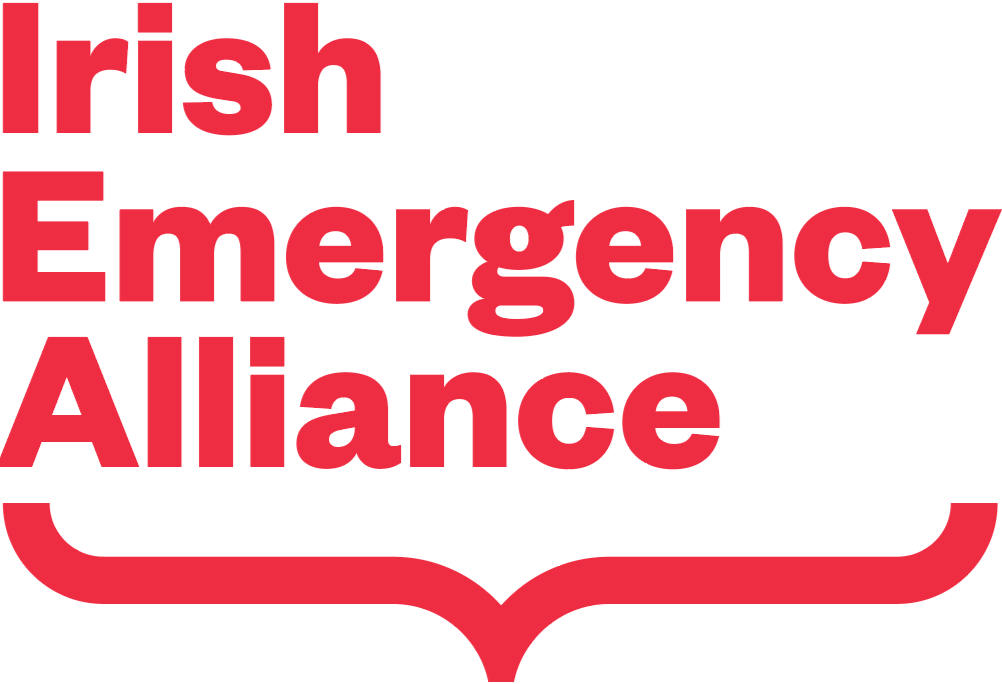When Fatima arrived at the Debre Berhan camp in northern Ethiopia, she was worn out. Heavily pregnant and exhausted from more than two weeks of virtually sleepless nights she had spent on the road, she located herself in as private a corner as could be found in a cavernous warehouse, amidst over 1,000 others.
Weeks later, her newborn daughter arrived.
Fatima and her young daughter were enrolled in a programme of support by Self Help Africa at Debre Berhan camp in Amhara region, joining 1,900 vulnerable people prioritised for help, amongst a population that swelled to over 6,000, as the Horn of Africa crisis deepened, in 2022.
Called the ‘China Camp’, after the skeleton of a once productive Chinese factory had been repurposed by the UN to house thousands of newly displaced Ethiopians fleeing both conflict, and climate change.
While some were civilian victims of a conflict in the far north of Ethiopia, others, like Fatima, had been uprooted from their homes by a seemingly endless drought - one that had turned her family’s once marginal farmland into barren, sun-scorched earth.
Cash transfers provided by Self Help Africa enabled Fatima to buy fortified milk and other food supplies from traders who had pitched up on the fringes of the camp. She said that it was sustaining her, and her infant daughter..
Self Help Africa’s programme of support was made possible by funds provided by the Irish Emergency Alliance’s Horn of Africa appeal. The organisation supported a total of 9,500 people affected by the emergency, including cash transfer aid to 1,900 refugees, and food, fertiliser, livestock and other supplies to thousands of other households affected by the worst drought crisis to affect the region in half a century.

